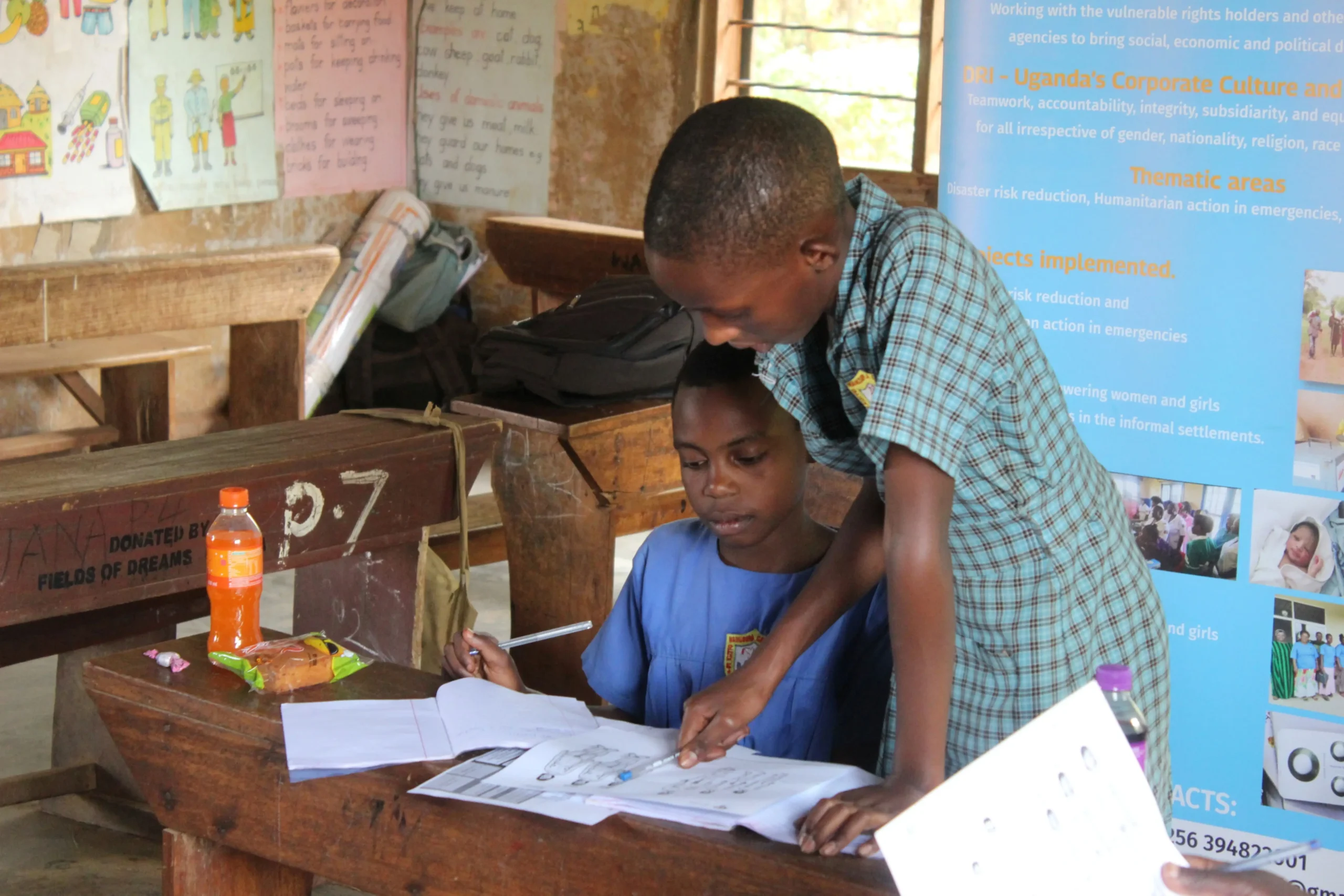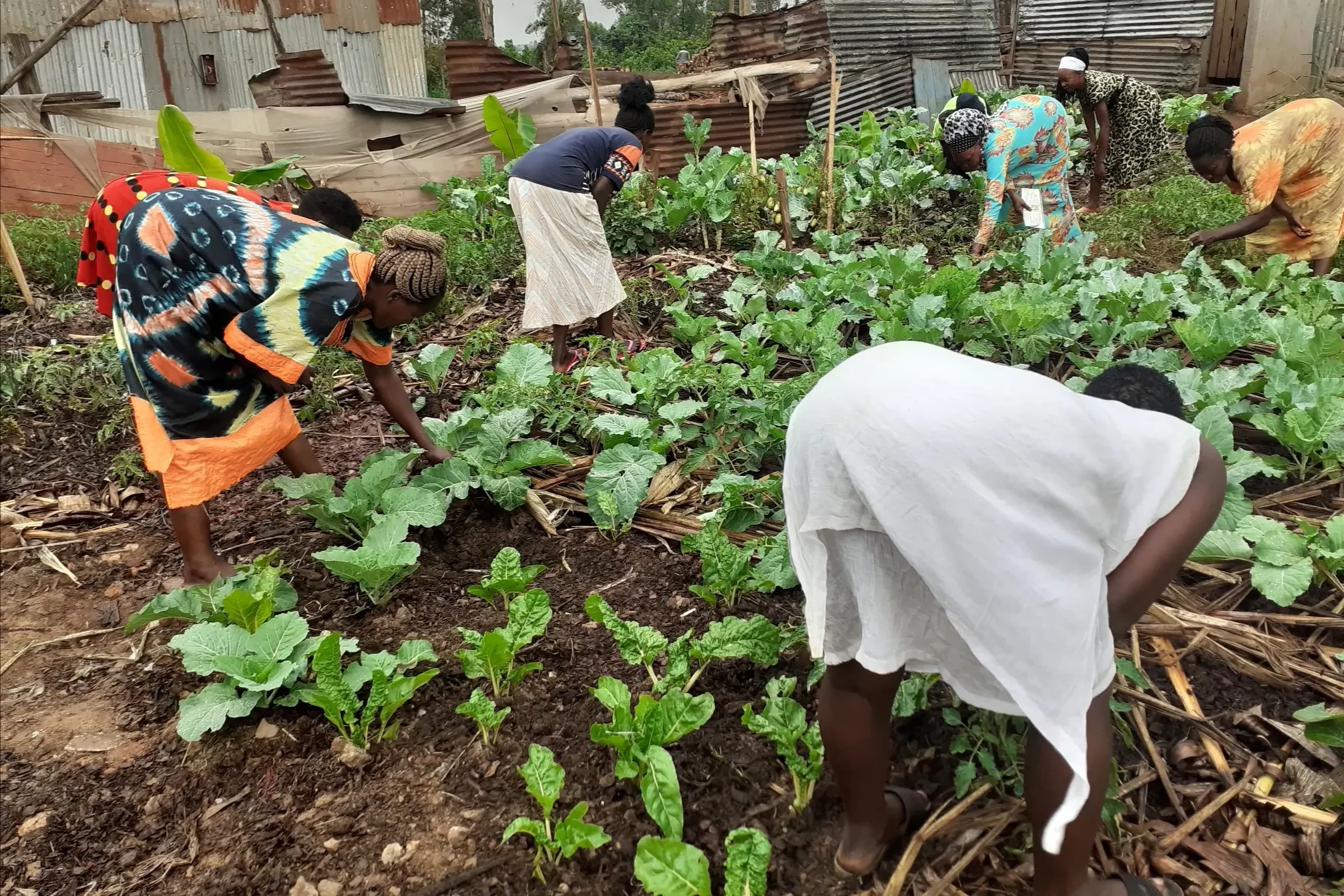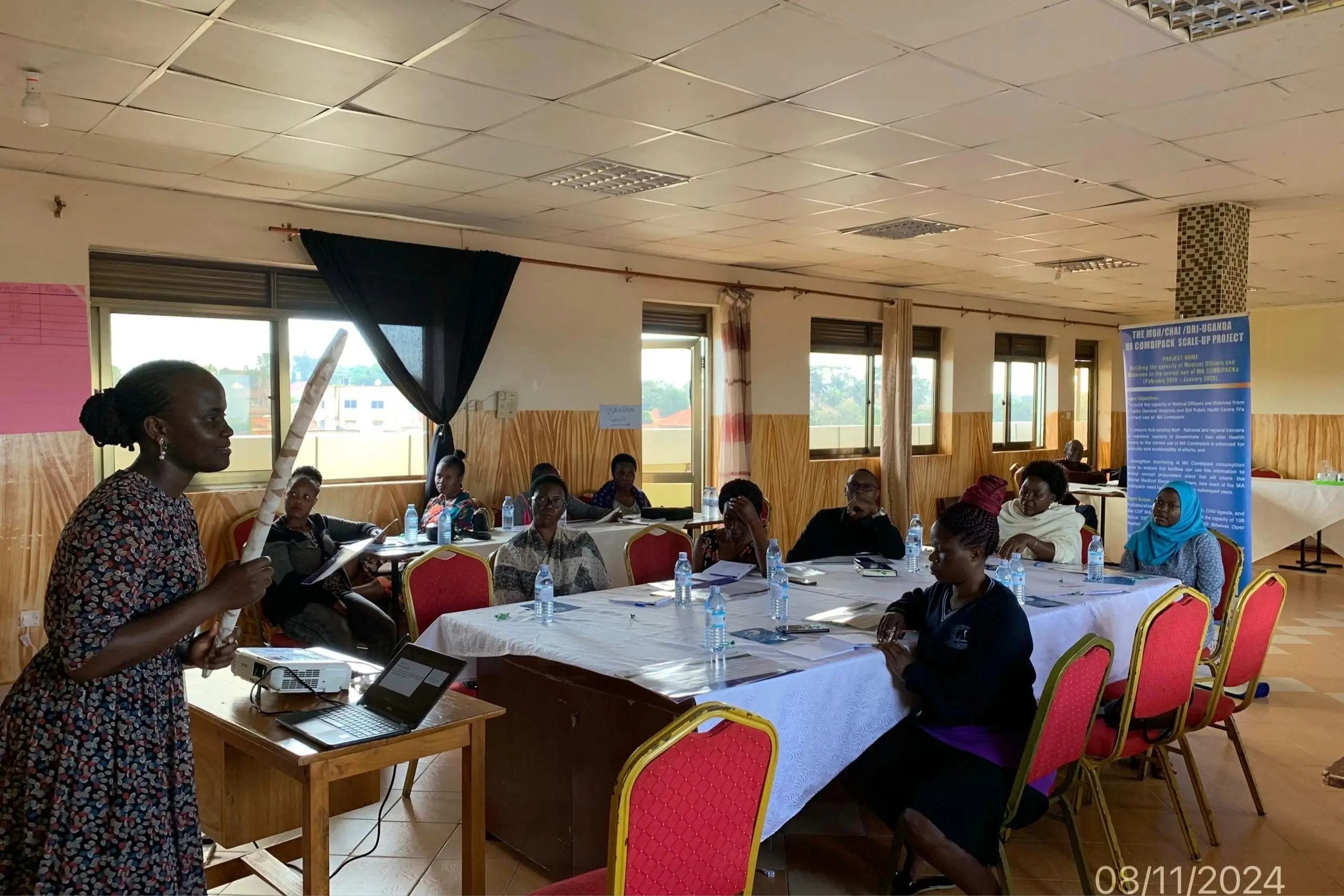Development and Relief Initiative – Uganda (DRI-Ug)
DRI’s Core Commitments.
01
Upholding Human rights
02
Gender justice
03
Impartiality
04
Meeting international standards
05
Accountability to the communities we assist
06
Climate justice and environmental protection
STRATEGIC AND INNOVATIVE APPROACHES
1. Rights-Based Approach
DRI Uganda operates on the principle that all individuals have the right to live with dignity. People affected by poverty and exclusion are seen as rights-holders, not passive recipients of aid. This approach focuses on addressing the root causes of inequality and injustice by promoting human rights, especially as outlined in the International Covenant on Economic, Social and Cultural Rights (ICESCR). Through awareness-raising and advocacy, DRI Uganda helps individuals become informed, active citizens who can challenge unjust systems and policies.
2. Community-Based Empowerment
Empowerment is central to DRI Uganda’s work and is viewed as both a process and goal. The organization ensures community members are involved from the beginning, building their capacities to lead their own development. Emphasis is placed on local participation, ownership, and leadership to create sustainable change, with support for local structures and civil society.
3. Programmatic Integration
DRI Uganda recognizes that development work is interconnected. Themes such as gender justice, environmental sustainability, and protection are integrated across all sectors. The organization bridges relief and development by ensuring local people are empowered from the onset of emergencies. This approach enhances long-term resilience and ensures that emergency, recovery, and development efforts are cohesive and mutually reinforcing.
Why work with Us
STRATEGIC PRIORITIES - THEMATIC AREAS
DRI Uganda has critically aligned its strategic priorities with the Uganda development plan pillars, contextualizing to the real situation in Uganda. The Strategic Priority Areas are:
-
Disaster risk reduction, emergency preparedness and response
-
Sustainable livelihoods
-
Water and Sanitation
-
Community-led action for justice.
-
Right to quality Education
-
Right to Health (AMTCT, NUTRITION, SRHR, etc.)
Our approach
FACTORS WE ASSES
DRI Uganda especially focuses on communities vulnerable to risks and shocks related to conflict, environmental hazards, poverty, and population shifts (RUM). DRI Uganda will continue to assess the following factors to identify vulnerable rights holders:
-
Health Status
-
Nutrition Status
-
Social Discrimination Level
-
Degree of Environmental Degradation
-
Access to Community infrastructure
-
Degree of Environmental Degradation
-
Social Discrimination Level
-
Poverty Levels
Why work with Us
Individuals in priority populations
-
Women
-
Child mothers / Child headed households (CHH)
-
Orphans and other vulnerable children (OVC)
-
Youth (16-25)
-
Urban Poor
-
People Living with HIV and AIDS
-
The elderly
-
Persons with Disabilities
-
People in displacement (Internally or refugees) and the vulnerable host communities
Let's work together
Contact us today to schedule a consultation and discuss your project goals.
+256 394 822 001



